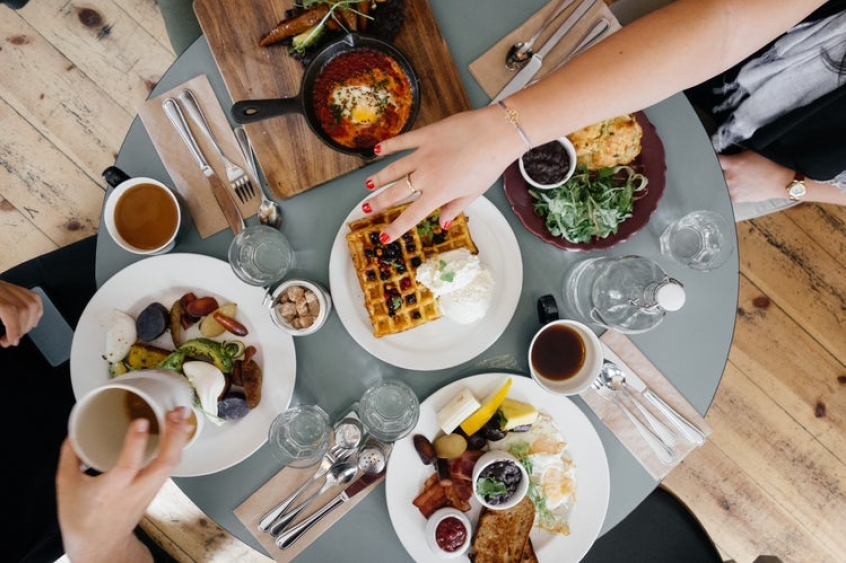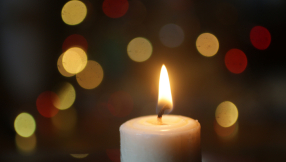
It's an indulgence to have a snack or two so late at night, especially when you've got friends over or you're indulging in some TV. However, health experts are warning people not to make midnight snacking a habit because this can lead to some serious health repercussions.
Suzanne Jezek-Arriaga, a holistic health coach and author of "Nourish to Flourish," told the Huffington Post that midnight snackers often crave for all the wrong things, such as fatty, sugary, salty and starchy junk foods. Rarely do they want to snack on fruits, vegetables, or whole grains.
"There are many complex reasons why people snack late at night," she said. "Sometimes it's because of boredom, or your body could not be getting enough nutrition. If you are eating too many sweets, junk foods or carbohydrates, and not eating enough healthy fats and protein during the day, you can set yourself up for an insulin crash resulting in cravings."
Cara Walsh, a registered dietitian at Medifast Weight Control Centers of California, added that stressed out people are often the ones who crave for midnight snacks. Because of this, they tend to pile on the weight and complicate their health.
"Midnight snacking brings on more health problems than just weight gain," she said. "According to a Danish study, late night eating can cause a myriad of health problems, including acid reflux and - in the worst case scenario - esophageal cancer."
At the same time, constantly eating late at night will disrupt people's sleeping habits. Lindsey Janerio, a licensed and registered dietitian, said that many struggle to maintain their diet within the day, which leads to "an inadequate energy intake."
Because of the hunger pangs, dieters are unable to fall back asleep until they eat. "It can also drive people to overeat at night, so a bedtime snack becomes a series of bedtime snacks that end up larger than all of the combined daily meals, which can also affect quality of sleep," she continued.
Meanwhile, a study from the University of California revealed that eating during the time when people should be asleep can actually disrupt a person's memory. In the study, researchers discovered that when the body digests food during its regular sleeping hours, it can wreak havoc with the hippocampus - the part of the brain where memories are formed.
"We have provided the first evidence that taking regular meals at the wrong time of day has far-reaching effects for learning and memory," lead author Dawn Loh wrote in eLife. "Since many people find themselves working or playing during times when they'd normally be asleep, it is important to know that this could dull some of the functions of the brain."













